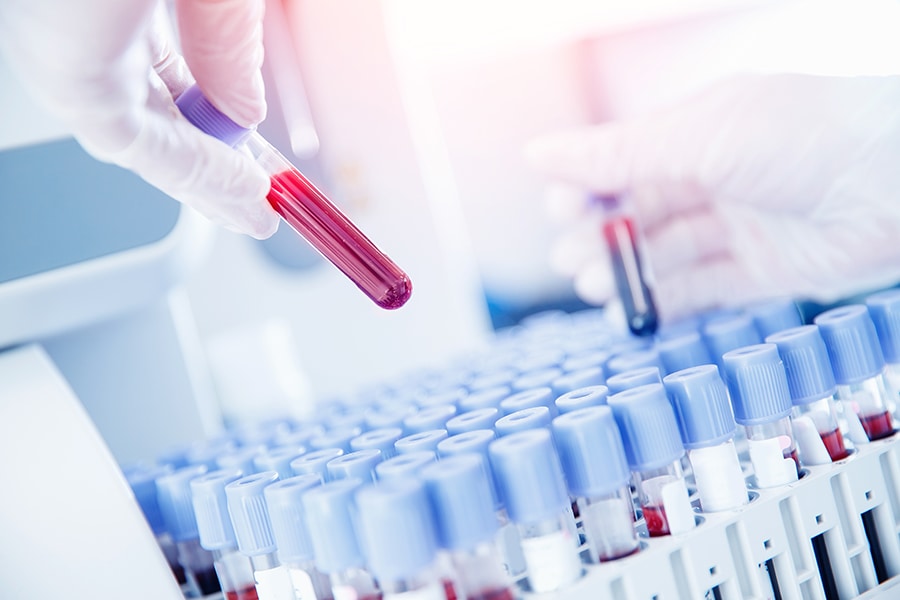
Why you shouldn't worry about studies showing waning Coronavirus antibodies
Experts say it's normal for levels of antibodies to drop after clearing an infection, and that they represent just one arm of the immune response against a virus
 Image: Shutterstock
Image: Shutterstock
The portion of people in Britain with detectable antibodies to the coronavirus fell by roughly 27% over a period of three months this summer, researchers reported Monday, prompting fears that immunity to the virus is short-lived.
But several experts said these worries were overblown. It is normal for levels of antibodies to drop after the body clears an infection, but immune cells carry a memory of the virus and can churn out fresh antibodies when needed.
“Some of these headlines are silly,” said Scott Hensley, an immunologist at the University of Pennsylvania.
Declining antibody levels after the acute infection has resolved “is the sign of a normal healthy immune response,” Hensley said. “It doesn’t mean that those people no longer have antibodies. It doesn’t mean that they don’t have protection.”
The research also raised some fears about the ability of vaccines to help populations reach herd immunity, the point at which enough people would be immune to the coronavirus to thwart its spread.
©2019 New York Times News Service




